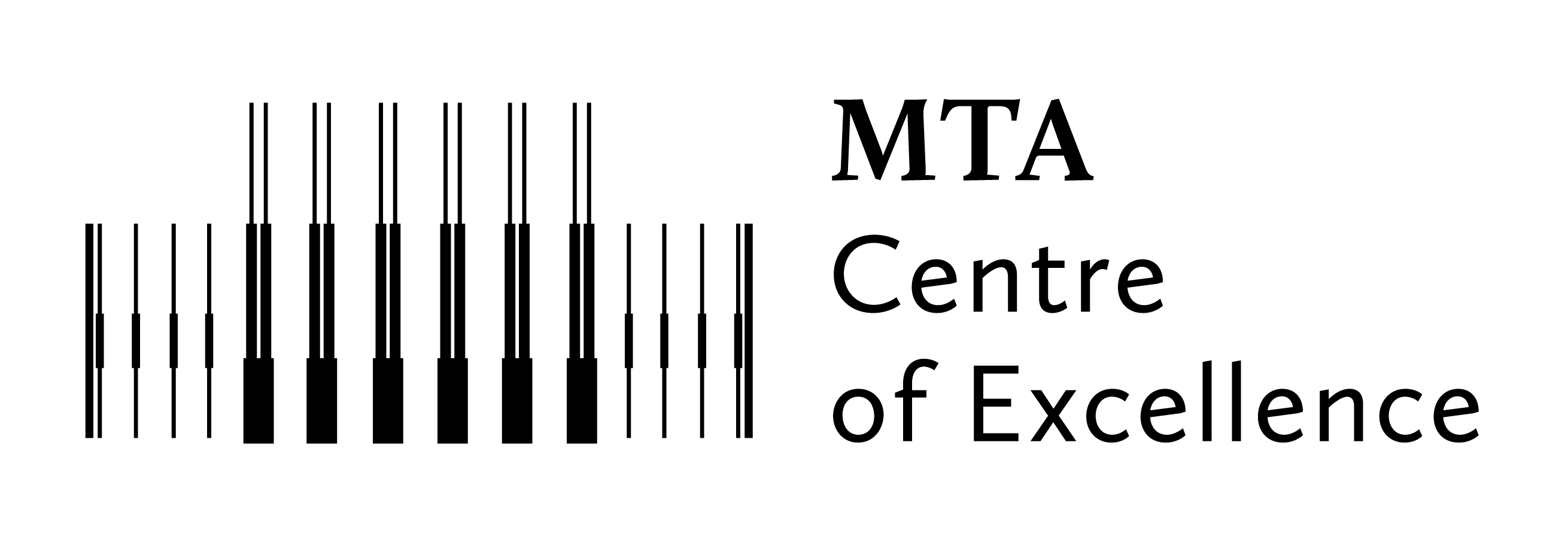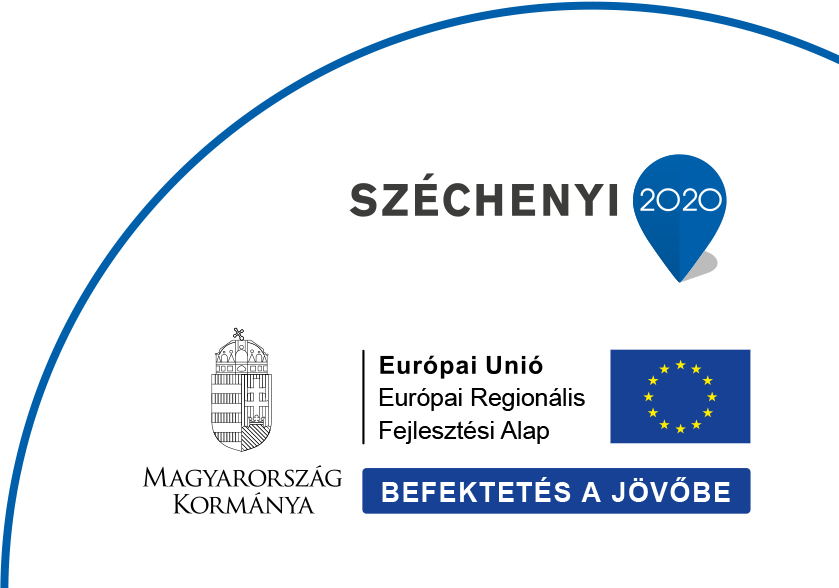Andrew Goodwin, Professor of Materials Chemistry at the University of Oxford is our next guest at the Wigner Colloquia. Title of his lecture: Diffuse scattering studies of unconventional magnets.
Date: 5 March 2024, 14:00
Place: Building 1, meeting room
Zoom link: https://wigner-hu.zoom.us/j/86966499648?pwd=tQ4RjE9ighjcaIORorsGI7qBcMpaH9.1

Andrew Goodwin (Photo: University of Oxford)
CV of the speaker
Andrew Goodwin is Professor of Materials Chemistry at the University of Oxford. Born in Australia, he studied at the Universities of Sydney and Cambridge, obtaining PhDs in Inorganic Chemistry from the former and Mineral Physics from the latter. Following a Research Fellowship at Trinity College, Cambridge, he was appointed to the Chemistry Faculty at Oxford in 2009. He was promoted to full Professor in 2014 and Research Professor in 2018. He was recently (2023) elected a Fellow of the Royal Society, the UK's national academy. His core research interests are in the dual roles of flexibility and disorder in functional materials.
Abstract of the lecture
The incorporation of geometric frustration and/or low-dimensional motifs within magnetic materials can lead to a variety of unusual correlated spin structures that are intermediate to the random arrangement of paramagnets and the long-range periodic order of (anti)ferromagnets. Characteristic of such partial order is the presence of structured diffuse scattering in the neutron magnetic scattering function. This talk will discuss various methods for analysing this diffuse magnetic scattering, and will illustrate the insight it can provide into the unusual magnetic structures of a range of systems, including pyrochlore spin-ices [1], elemental Mn [2], garnets [3], and MnO [4]. The talk will conclude with a discussion of metal–organic framework chemistry as a route to new magnetic materials with unusual topologies [5] for application in magnetocaloric solid-state cooling.
[1] PRL 108, 017204 (2012)
[2] PRL 110, 267207 (2013)
[3] Science 350, 179 (2015)
[4] PRB 97, 014429 (2018)
[5] PRL 128, 177201 (2022)



